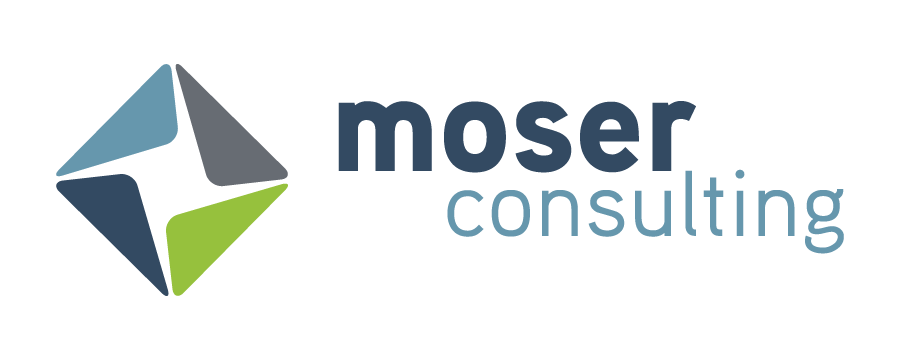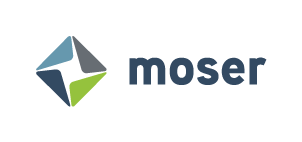Democratizing Your IT
Information and data usually are highly secured entities, even between members of the same company. Data sharing between companies is like handing your opponent your playbook before the Superbowl. Companies like to keep these assets on a need-to-know basis to stay ahead of the competition. Sharing information within an organization however, can lead to profound positive impacts through all departments.
There is a significant shift towards democratizing IT, allowing for the power of technology to be in everyone's hands at the company. Is this a good idea for the long-term success of a company? We think so, and that is why we have put together this guide on what democratizing data looks like and why it is so important.
What Is Data Democratization?
Data is just as valuable as the dollar in our current information age. 86% of executives agree their organization must train its people to think like technologists. Data analysts have been the ones with the access and knowledge to absorb this information and break it down with other departments. Thankfully this does not have to be a regular operation any longer. New technologies have made understanding and sharing data on a mass scale easier. Data democratization is about taking this information from the hands of a few and safely distributing it company-wide.
How Do You Implement Data Democratization?
As great as this idea sounds, it does warrant valid concerns. If not introduced and implemented correctly, data sharing can complicate operations. It is not as simple as just sharing all data with the entire company; that would be overwhelming and unnecessary. Not every department or employee will need every bit of information your company has, and that is why any method of data democratization hinges on three concepts.
Trust: Data quality issues can turn empowerment on its head. Handing mountain-sized amounts of data to your team will not generate better results. Employees may not immediately trust the information based on the way it is presented to them. Present the data to your team in a digestible format that is easy to navigate. People are not always comfortable asking IT questions, therefore, they should have the ability to try and solve their problems on their own first.
Usability: The complex work your team does on a daily basis should not be made more difficult. When data is shared, it should be done through a polished index that allows them to find relevant information. It is also helpful to gradually introduce the whole company to this data. Roll it out in batches so the team can understand the new data before gaining access to the following data share.
Insights: Access to data should allow for quicker and better-informed decision-making. Teams may have had to wait on the IT department or data analysts to get back with them in the past. This could take days or weeks, and this is an inefficient way to operate with time-sensitive projects.
With your data democratization strategy in place, every user in your organization can access data, regardless of their technical knowledge or skills, enabling insightful decision-making.
Why is Data Democratization Important?
This deconstruction of IT does not mean the total eradication of the department from business operations. The IT department will still head major programs, injecting new technology into the business. The true importance and benefit of democratization will free up departments from typical barriers they are forced to overcome. Managing large-scale data is cumbersome for even the largest and most skilled IT departments. This data management transformation allows every employee to solve their problems with technology. This practice is already underway, with many companies reaping the benefits.
Data democratization exists to solve data problems as efficiently as possible. It may require a cultural shift within a company to ensure that everyone is comfortable asking data questions and understands where they can access the information.
Moreover, democratized technology lets people optimize their work or fix pain points, and they are now able to do this without having to request access or support from the IT department (which slows down their work). Individuals or entire departments can then create a custom dashboard for a multitude of things like tracking group finances, automating purchase order approval, and more!
Simplify IT with Moser Consulting
If this sounds like a wonderful move for your organization, but you don't have the capacity to support it at the moment, then enlist the help of a third party, like Moser Consulting. At Moser, we provide customers with a variety of IT services, allowing you to devote critical resources to achieve business objectives rather than managing increasingly-complex internal IT operations. Democratizing your data or any IT function can be taken care of by our team. Contact us today if you want to make IT headaches a thing of the past.


